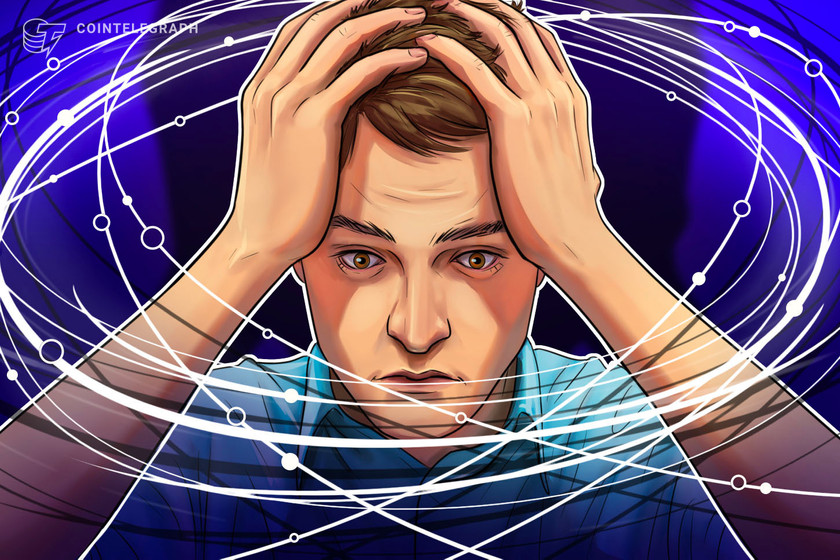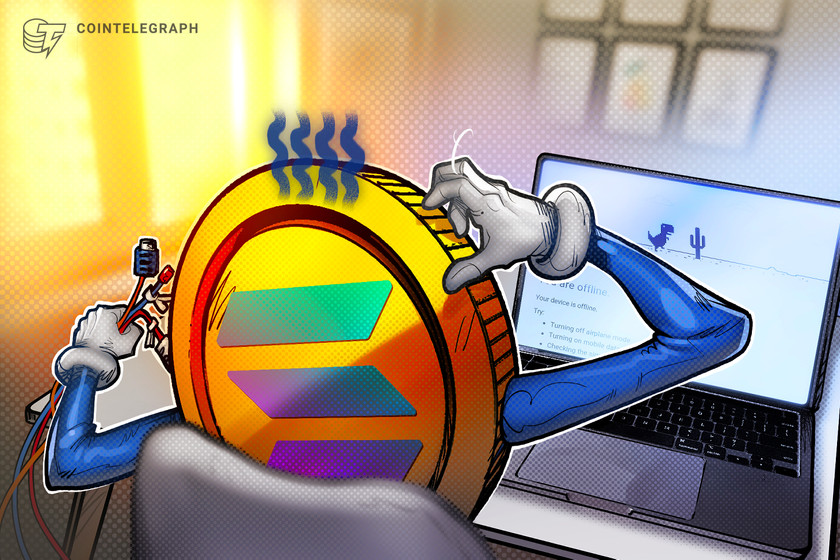Binance CEO urges crypto buyers to ‘hold’ amid ‘unpredictableness’



Binance CEO Changpeng Zhao (CZ) said people should invest in crypto if they’re using “cash that you don’t need for a long time” as the market sees high volatility amid FTX’s fallout.
Binance CEO Changpeng “CZ” Zhao has strongly advised cash-strapped and inexperienced investors to stay away from trading cryptocurrencies amid extreme market volatility and unpredictability.
On a Nov. 14 Zhao-led “Ask Me Anything” Twitter space hosted by Binance the CEO suggested that unsophisticated investors wait out the turbulent period instead of risking money needed for living expenses:
“You should not invest in crypto if you’re using money that you need for next week or next month, you should only be using discretionary cash that you don’t need for a long time, like maybe a couple of years.”
For those who do have that spare cash, Zhao advised inexperienced investors and traders to think twice before deploying capital into the market in the near future:
“If you don’t know what’s going on, don’t try to guess what’s going to happen. It’s very hard to predict. So we will go through a period of high volatility and unpredictableness.”
“So unless you’re very experienced, very mature, very confident, and can handle the risk, I would recommend most people just hold for this period of time,” he added.
The spike in market volatility comes as the FTX crisis has had a negative effect on the whole industry — particularly a number of centralized exchanges that have had to temporarily halt withdrawals.
But Zhao confirmed that no such issues exist at Binance. When asked why users should maintain trust in the exchange, he pointed to the company’s balance sheet:
“We don’t have loans. We don’t have debt. We don’t owe anybody any money. We also did not give loans out of the platform. So we never take user assets and give it to a third party to manage and try to make yields.”
Zhao confirmed Binance experienced withdrawals following the FTX collapse and several other events that led to a fall in community trust for centralized exchanges.
He iterated that even in the event that Binance collapsed the platform still wouldn’t block its users from withdrawing their funds.
“If everybody withdraws their funds from the centralized exchange, we’ll just shut down the centralized exchange. We have many other profitable businesses that we have,” he said.
Related: Exchange outflows hit historic highs as Bitcoin investors self-custody
Zhao thinks such an event is entirely possible too, stating that once decentralized finance (DeFi) applications become mainstream centralized exchanges may no longer be necessary:
“If we can have a way to allow people to hold their own assets in their own custody securely and easily, that 99% of the general population can do it, centralized exchanges will not exist or probably don’t need to exist, which is great.”
While the Binance exchange itself is centralized, Zhao emphasized that the company’s investment partners include both centralized exchanges and decentralized protocols to provide users with choices and support entrepreneurs to build.
“We’re technology agnostic. We’re not trying to centralize everything. We’re not trying to bring everybody onto the centralized exchange. If you’re good enough to use a decentralized exchange, go for it.”



